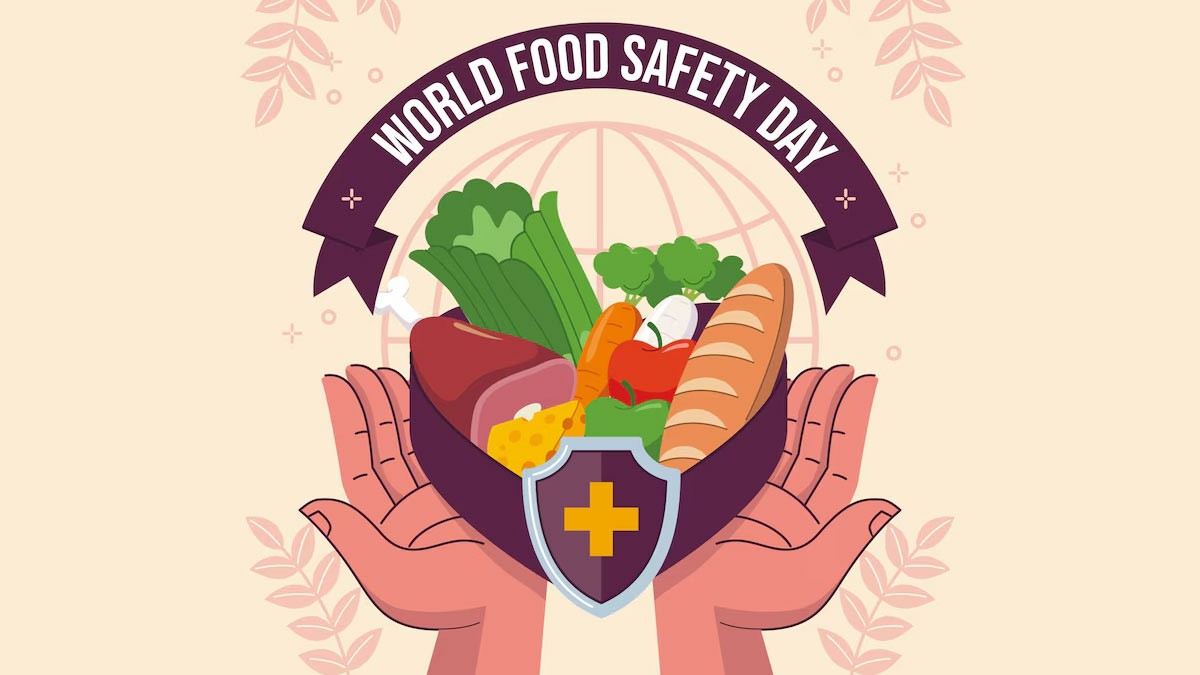Unlocking Food Safety: The Crucial Role of HACCP Certification for Businesses in Ireland's Major Cities
In today’s competitive food industry, ensuring the safety and hygiene of food products is paramount. HACCP (Hazard Analysis and Critical Control Points) certification has emerged as a vital requirement for food businesses across Ireland, from bustling Dublin to scenic Galway. This comprehensive guide will explore the importance of HACCP training, compliance requirements, and best practices for food safety.
Understanding HACCP: What is HACCP and Why Is It Important?
HACCP stands for Hazard Analysis and Critical Control Points, a systematic approach to food safety that identifies, evaluates, and controls hazards. The principles of HACCP apply across the food industry, ensuring safe food production from farm to fork.
- Prevention-oriented: Focuses on preventing hazards before they occur.
- Regulatory compliance: Aligns with Irish and EU food safety regulations.
- Consumer trust: Builds confidence in food safety standards.
The Key Benefits of HACCP Training for Food Businesses
Businesses that implement HACCP training courses equip their employees with the necessary skills to manage food safety risks effectively. Here are some of the top benefits:
- Enhanced food safety: Training ensures that food handlers understand how to prevent contamination.
- Regulatory compliance: Assists in meeting HACCP certification requirements in Ireland.
- Risk management: Trains staff to identify potential hazards and implement corrective actions.
- Better hygiene practices: Promotes good hygiene and food handling practices among your team.
HACCP Compliance Requirements for Irish Businesses
To maintain HACCP certification, food businesses must adhere to specific compliance requirements:
- Documented plans: Develop a detailed HACCP plan outlining the processes and controls implemented.
- Regular audits: Conduct routine audits to ensure adherence to HACCP principles.
- Staff training: Provide ongoing HACCP training for all employees involved in food preparation and handling.
Steps to Achieve HACCP Certification for Your Business
Achieving HACCP certification may seem daunting, but following these steps can simplify the process:
- Assess current practices: Evaluate your existing food safety practices against HACCP principles.
- Develop a HACCP plan: Create a comprehensive plan that addresses hazard analysis and critical control points.
- Implement the plan: Train your staff on the HACCP plan and monitor compliance.
- Schedule an audit: Arrange for a third-party audit to verify your HACCP implementation.
- Obtain certification: After successful auditing, receive your HACCP certification.
Online HACCP Training: A Flexible Solution
Online HACCP training courses provide a flexible, efficient way for businesses in Dublin, Cork, and beyond to meet food safety compliance:
- Accessible: Training can be completed remotely, saving time and resources.
- Adjustable pace: Employees can learn at their own pace and revisit materials as needed.
- Cost-effective: Reduces training costs associated with travel and venue hires.
Common Mistakes in HACCP Implementation and How to Avoid Them
While implementing HACCP, it's easy to make mistakes. Here are common pitfalls and how to mitigate them:
- Inadequate hazard analysis: Ensure thorough evaluations of all potential hazards.
- Poor documentation: Keep records updated and easily accessible to staff.
- Lack of employee training: Regularly train employees on HACCP principles and updates.
Conclusion: Start Your HACCP Journey Today
HACCP certification is not just a regulatory requirement; it’s an essential commitment to food safety and public health. By investing in HACCP training, food businesses across Ireland can ensure compliance, enhance food hygiene, and mitigate health risks related to food contamination.
Don’t wait! Enroll in our HACCP training courses today and take the first step towards a safer food business.
For inquiries, feel free to contact us at [email protected].



 349,500 Offered Certificates
349,500 Offered Certificates
 24/7 Online Training
24/7 Online Training
 Money Back Guarantee
Money Back Guarantee
 Fully Accredited Courses
Fully Accredited Courses
